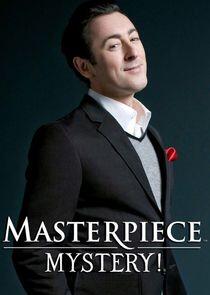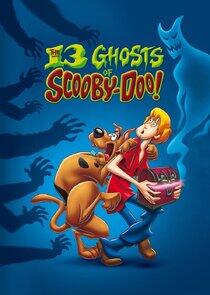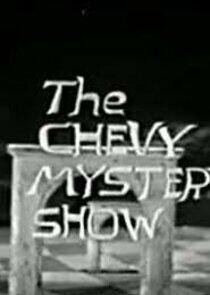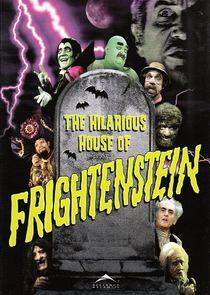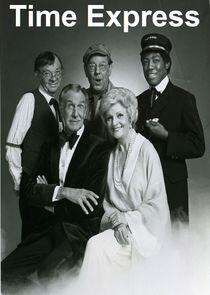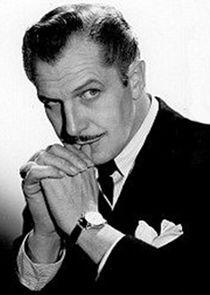
Vincent Price
After varied stage work, including a stint with the Mercury Theatre, Price's first film role was as a leading man in the 1938 comedy Service de Luxe. He became a character actor, appearing in The Song of Bernadette (1943), Laura (1944), The Keys of the Kingdom (1944), Leave Her to Heaven (1945), Dragonwyck (1946), The Three Musketeers (1948) and The Ten Commandments (1956). He established himself in the horror genre with roles in House of Wax (1953), The Fly (1958), House on Haunted Hill (1959), Return of the Fly (1959), The Tingler (1959), The Last Man on Earth (1964), Witchfinder General (1968), The Abominable Dr. Phibes (1971), and Theatre of Blood (1973). He collaborated with Roger Corman on a series of Edgar Allan Poe adaptations, including House of Usher (1960), The Pit and the Pendulum (1961), The Haunted Palace (1963), and The Masque of the Red Death (1964). Price appeared in the television series Batman as Egghead.
Price voiced the villainous Professor Ratigan in Disney's animated film The Great Mouse Detective (1986), and appeared in the drama The Whales of August (1987), which earned him an Independent Spirit Award for Best Supporting Male nomination. Price's final film was Tim Burton's Edward Scissorhands (1990). For his contributions to cinema, he received lifetime achievement or special tribute awards from Academy of Science Fiction, Fantasy and Horror Films; Fantasporto; Bram Stoker Awards; and Los Angeles Film Critics Association. Price narrated animated films, radio dramas, and documentaries, and provided the narration in Michael Jackson's song "Thriller". For his voice work in Great American Speeches (1959), Price was nominated for a Grammy Award for Best Spoken Word Album.
Price was an art collector and arts consultant, with a degree in art history. He lectured and wrote books on art. The Vincent Price Art Museum at East Los Angeles College is named in his honor. Price was a gourmet cook and cookbook author.
Biography from the Wikipedia article Vincent Price. Licensed under CC-BY-SA. Full list of contributors on Wikipedia.
Known For
Recently Updated Shows

The Creep Tapes
Based on a collection of videotapes in the secret vault of the world's deadliest and most socially uncomfortable serial killer, who hires his victims to film him for the day under false pretenses, each episode exposes a new victim from one of the fabled 'Creep Tapes'.

America's Funniest Home Videos
ABC's longest-running primetime entertainment show, America's Funniest Home Videos, returns for season 36 this fall with the same mission -- giving families something genuinely funny to enjoy together on Sunday nights.
"AFV," the longest-running primetime entertainment show in ABC history, returns for season 36 with the same mission - to provide viewers with hysterical moments that fly by at a dizzying pace.

The Real Housewives of Potomac
Just up the river from our nation's capital lies a hidden gem—Potomac, Maryland. Its rolling hills, gated mansions, sophisticated prep schools, and exclusive country clubs all serve to keep the area invitation-only. Sprinkled throughout this community are a handful of old-line, wealthy African-American families who have historically broken racial barriers to provide a life of privilege for their children. The Real Housewives of Potomac follows the upscale lives of six intriguing, well-to-do women: Gizelle Bryant, Katie Rost, Karen Huger, Charrisse Jackson-Jordan, Robyn Dixon, and Ashley Darby, all of whom have fought for their places in this society by way of legacy or marriage. In a town where entry is granted only through class, pedigree, and lineage, how far will these ladies go to secure their spot at the top of this prestigious circle?

The Traitors Canada
Follow a group of contestants – including some familiar faces – who live together as they complete a series of challenges with the goal of earning a cash prize. The catch? Some of the contestants are traitors who will attempt to deceive and manipulate their way to the prize instead of sharing it amongst the group. In this psychological adventure will the traitors be unmasked in time?
